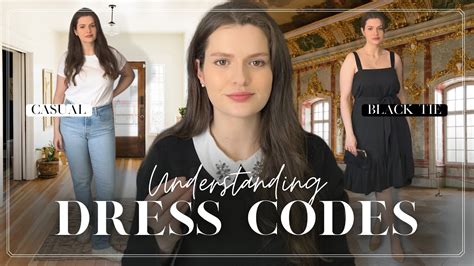Have you ever felt like the rules of society are constantly changing without a guidebook? Well, that’s exactly what content creator and actress Kiekie experienced after tying the knot and embracing motherhood. It was as if a spotlight suddenly shone on her wardrobe choices, revealing an unspoken ‘dress code’ for married women.
In a candid discussion on the I Said What I Said Podcast, Kiekie poured her heart out about the unexpected pressures and judgments she faced post-marriage. The mother-of-one shared how baffled she was when people started commenting that her outfits didn’t align with their notion of how a married woman should dress. “I literally had to Google the dress code of a married woman and found nothing,” Kiekie confessed, highlighting the absurdity of such unsolicited opinions.
Unveiling Societal Myths
As Kiekie delved deeper into her revelations, she shed light on the societal myth surrounding the attire of married women. Contrary to popular belief, there seemed to be no concrete guidelines or universal decree dictating a specific dress sense for women post-wedding. This realization was both liberating and perplexing for Kiekie, prompting her to question the validity of such outdated expectations.
The Motherhood Struggle
But that wasn’t where the scrutiny ended. Kiekie also delved into another aspect of societal pressure – motherhood. She expressed exasperation at how mothers are guilt-tripped for stepping out sans their children. Recounting instances where she was questioned about her child’s whereabouts while enjoying a night out, she challenged this antiquated mindset by asserting that mothers deserve moments of freedom without being judged.
Backhanded Compliments: A Double-Edged Sword
Moreover, Kiekie highlighted an often-overlooked issue – backhanded compliments aimed at successful women. She revealed how even praises came laced with subtle jabs insinuating that her accomplishments were somehow attributed to having a husband who could support her endeavors. Dismissing this notion, Kiekie emphasized that true empowerment stems from self-reliance and determination rather than relying on anyone else as a safety net.
In essence, Kiekie’s narrative underscores a broader societal dilemma wherein women find themselves tangled in a web of paradoxical expectations and judgments. Her journey serves as a poignant reminder that true liberation comes from challenging these stereotypes and forging ahead on one’s terms.
Through her honest reflections and thought-provoking insights, Kiekie sparks conversations around redefining gender norms and advocating for self-empowerment among fellow women. As she aptly puts it, “We have a very long way to go because women themselves need to be reoriented.”
So next time you feel constrained by society’s invisible rulebook, remember Kiekie’s words – your worth isn’t defined by archaic standards but by your resilience in breaking free from them.

